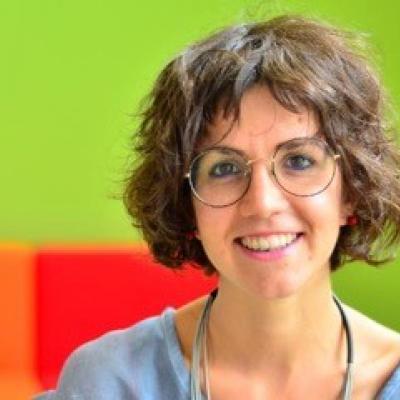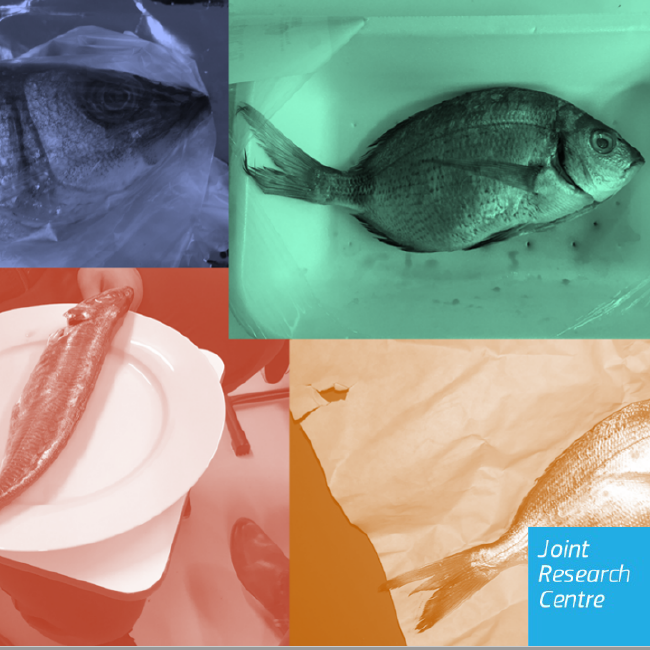Imagining “Eat” together - New Science for Policy report on the school meal beyond nutrition
What is this research about?
Over the last decade, food and eating habits have increasingly become issues of public interest and political attention with regard to their health-related and environmental dimensions. As a promising field of policy intervention through public procurement, the school meal has received particular attention for being an experience that potentially makes a healthy, sustainably produced diet accessible to many.
Public procurement in schools could aspire to steer change in a desirable direction, focusing on nutritious dietary patterns, and addressing social inequalities and sustainability issues. More specifically, healthy and environmentally sensitive public procurement in schools can ideally increase the availability and accessibility of nutritious and safe food for all socioeconomic classes, and create new markets for sustainably produced products.
Yet contemporary policy framings currently place great emphasis on what children eat, overlooking other aspects that could affect the lived experience of the school meal, and its production.
This Science for Policy report approaches the school meal and food procurement in schools in a way that goes beyond nutritional principles, and frames eating as a socio-spatial practice.
Through a qualitative inquiry in three European countries (Germany, Italy and Portugal), the material, organisational, symbolic and socioecological dimensions that make and shape the everyday practice of eating at school were explored.
This work makes the case for greater citizen engagement as a democratic and effective way to design and implement better policies for all citizens, including youth. This study has stressed the importance of dialogue, moving beyond a customer satisfaction framing, and the relevance of careful design and structuring, highlighting the need to include experiential and participatory approaches.
The Science for Policy Report is available here.
If you are a school…
This scientific report is complemented by a toolkit, Engaging food, people and places available in English, Portuguese, Italian and German. This toolkit takes the form of an illustrated book that provides rationales, tools and tips to foster dialogues in schools about food but easily adaptable to other subjects and situations. If you are a school and you are interested to receive a copy, write us at EU-CITIZEN-ENGAGEMENT@ec.europa.eu

